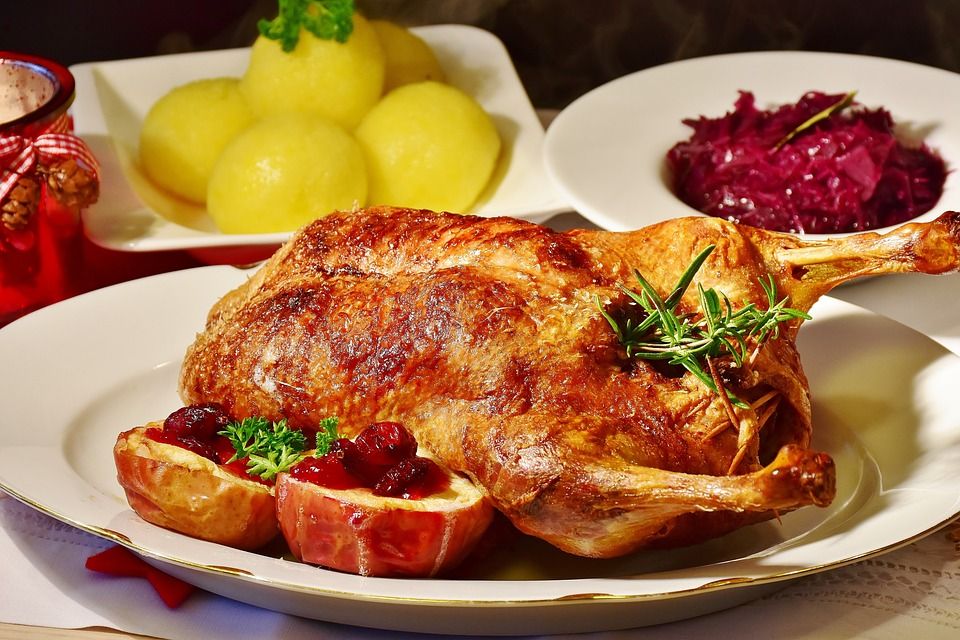As families gather to enjoy various traditional meals and a festive feast on Christmas day, the probability that some leftovers will be thrown into the rubbish bin thereafter is real.
Have you wondered what happens to this disposed food?
“When food is wasted, valuable resources such as water, energy and land are wasted. Leftovers and scraps that end up in landfills also produce a potent greenhouse gas that can accelerate climate change,” City of Cape Town’s Member of the Mayoral Committee for Urban Waste Management, Alderman Grant Twigg explained.
Twigg warned that food waste is a significant contributor to greenhouse gas emissions and exacerbates the effects of climate change.
With the festive season in full swing, the City of Cape Town has urged communities to reduce food waste to help protect the environment, by minimising carbon emissions and the effects of climate change.
“This festive season, let’s all work together to not let food go to waste, so we can help protect ourselves from its negative effects in terms of climate change. Let us think about what food we buy, how much we need to buy versus what we will use and consider the storage of our food, especially with the hot days approaching,” Twigg said.
How to reduce food waste
Twigg shared some of the tips to reduce food waste this festive season, and these are:
• Plan meals and shopping lists: Plan your meals in advance and create a detailed shopping list. This way, you can avoid overbuying and ensure you only purchase what you need.
• Buy locally and seasonally: Support local farmers and reduce the carbon footprint associated with long-distance transportation by choosing locally grown and seasonal produce.
• Proper storage: Store food correctly to extend its shelf life. Ensure refrigerated items are kept at the appropriate temperature and use the first-in, first-out method when organising your pantry.
• Think about your fridge/freezer capacity when stocking up on fresh fruit and vegetables, to minimise unnecessary spoiling of unused produce.
• Portion control: Be mindful of how much food you cook and serve. Start with smaller portions and allow guests to serve themselves second helpings if desired. This will minimise leftovers and reduce waste.
• Be creative with re-using leftover food: There are creative online recipes to turn leftovers into new and exciting dishes to enjoy, rather than just throwing them out.
• Composting at home: Composting food scraps reduces landfill waste and creates nutrient-rich compost that can be used to nourish plants and gardens.
• Businesses should have waste management plans, including their waste minimisation plan to dispose of organic waste, not via landfill.
“We wish our residents and visitors to Cape Town a wonderful festive season full of revelry and indulgence, but please keep food waste in mind,” Twigg said.
What did you do with your Christmas lunch leftovers?
Let us know by clicking on the comment tab below this article or by emailing info@thesouthafrican.com or sending a WhatsApp to 060 011 021 1
Subscribe to The South African website’s newsletters and follow us on WhatsApp for the latest news.
